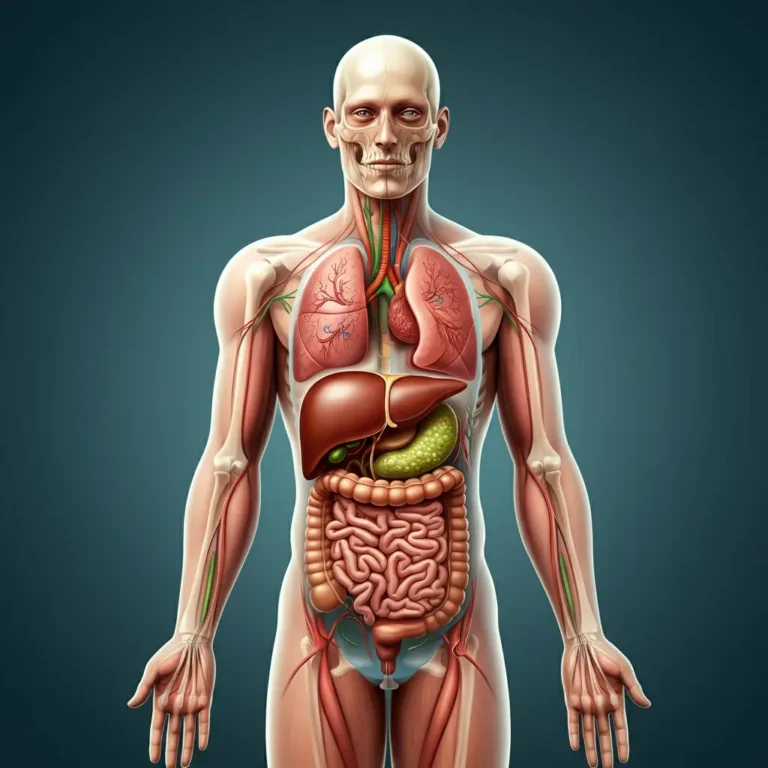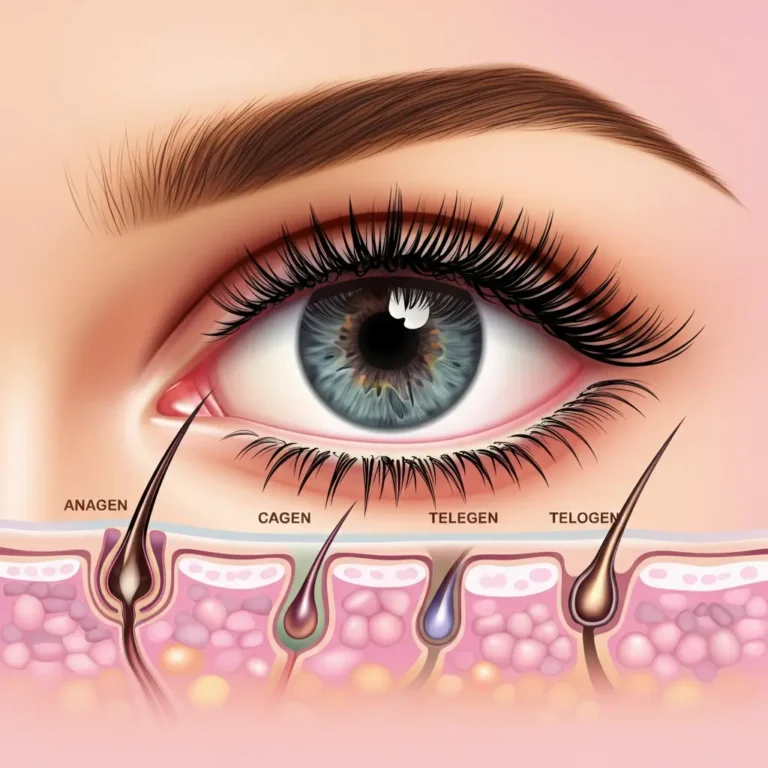How Long Does It Take for Nicotine to Leave Your System
Nicotine has a significant impact on the human body, from your brain chemistry to your heart rate. Whether you’ve just quit smoking or are about to take that critical first step, understanding how nicotine exits your body can help set realistic expectations. This article breaks down the timeline, factors that influence nicotine clearance, and how to speed up the detox process. We’ll also cover withdrawal symptoms you may experience and natural methods to support your recovery.
Table of Contents
1. What Happens to Nicotine After You Consume It?
When nicotine enters your body, it is quickly absorbed into your bloodstream, regardless of whether it’s ingested through smoking, vaping, or nicotine patches. From there, the chemical travels to your brain in just a few seconds. It binds to receptors that release dopamine, creating that “feel-good” sensation associated with nicotine use.
Your liver breaks nicotine down into several compounds, including cotinine, which is often used in drug tests to measure recent nicotine usage. These compounds exit the body primarily through urine.
2. The Nicotine Detox Timeline
The time it takes for nicotine to leave your system varies, but generally:
- 20 minutes after your last dose: Heart rate begins to drop.
- 8 hours: Nicotine levels are reduced by 50%.
- 24 hours: Most nicotine is eliminated, though withdrawal symptoms may begin.
- 3-5 days: Nicotine is fully cleared, but cotinine may still be detectable.
- 1-4 weeks: Metabolic changes stabilize, and withdrawal symptoms ease.
While nicotine itself may leave your system within a few days, some physical and mental effects can linger longer.
3. Factors Affecting Nicotine Clearance
Several factors influence how quickly nicotine exits your body. These include:
- Your rate of metabolism
- Age and overall health
- Frequency of nicotine use
- Method of consumption (smoking vs. vaping)
- Hydration levels and physical activity also play a role.
For example, younger individuals with a faster metabolism may clear nicotine faster than older individuals.
4. Nicotine Half-Life Explained
The half-life of nicotine is about 2 hours. This means that half the nicotine in your system is metabolized every couple of hours. For heavy smokers, however, the timeline may be longer because nicotine can accumulate in the body from frequent use. Cotinine, the primary byproduct of nicotine metabolism, has a longer half-life of about 16 hours.
5. Nicotine in Blood and Urine Tests
Nicotine and cotinine can be detected through blood and urine samples. Here are typical detection windows:
- Blood test: 1-3 days after last use
- Urine test: Up to 4 days, though heavy users might test positive for up to a week
Nicotine metabolites are water-soluble, so staying hydrated can help flush them out of your bloodstream faster.
6. Nicotine in Hair and Saliva
- Hair stores nicotine and its byproducts for up to 90 days. Hair testing is rare but highly sensitive.
- Saliva tests detect nicotine up to 4 days after use and are often used in employment screenings.
These testing methods highlight how nicotine can linger in different areas of the body depending on your exposure and usage habits.
7. Common Nicotine Withdrawal Symptoms
Quitting nicotine can lead to withdrawal symptoms as your body adjusts to the absence of the chemical. Common symptoms include:
- Irritability or mood swings
- Difficulty concentrating
- Increased appetite
- Headaches
- Insomnia or fatigue
Withdrawal symptoms often peak within the first week and subside within 2-4 weeks.
8. Benefits of Quitting Smoking
Quitting nicotine offers immediate and long-term benefits:
- Improved lung and heart health
- Reduced risk of stroke and cancer
- Enhanced sense of taste and smell
- Better circulation and oxygen flow
Within three months of quitting, your body begins repairing lung tissue, and long-term risks of disease are significantly reduced.
9. How to Speed Up Nicotine Removal from Your System
Detoxing nicotine from your body faster may involve:
- Drinking lots of water to flush toxins
- Eating foods rich in antioxidants, like fruits and vegetables
- Regular exercise to boost circulation and metabolism
Activities that encourage sweating, like jogging or sauna sessions, may also help.
10. Natural Ways to Detox Nicotine
Here are some natural methods to support nicotine detox:
- Vitamin C boosts liver function and helps clear nicotine. Citrus fruits like oranges are a good source.
- Herbal teas, like green tea, act as natural diuretics to flush toxins.
- Cruciferous vegetables such as broccoli enhance liver enzymes that process nicotine.
Pair these lifestyle adjustments with plenty of rest to assist your body’s natural recovery.
11. How Nicotine Impacts Metabolism
Nicotine temporarily increases your metabolic rate, which is why many people feel that quitting leads to weight gain. Without the stimulant effect, your body burns calories at a slower rate, making dietary adjustments necessary after quitting.
Focus on nutrient-rich foods to keep energy levels stable while adapting to changes in metabolism.
12. Can Diet Influence Nicotine Detox?
Yes! Foods like spinach, kale, and avocados contain folate, which supports metabolic reactions involved in flushing nicotine from your system. Drink lots of water and add raw, fibrous foods to speed up digestion.
Avoid caffeine or alcohol during detox, as these may aggravate withdrawal symptoms.
13. The Role of Hydration in Clearing Nicotine
Staying hydrated is essential when detoxing from nicotine. Water flushes toxins out of your system through urine and sweat. Aim for at least eight cups of water daily to support the process.
Infusing water with lemon or cucumber can make hydration more enjoyable and provide added detox benefits.
14. Medications That Aid Nicotine Clearance
For those looking to quit permanently, medications like nicotine replacement therapy (NRT) or prescription drugs such as bupropion can help manage cravings and withdrawal symptoms. Always consult a healthcare professional before starting any medication.
15. Building a Long-Term Plan for a Smoke-Free Life
Quitting nicotine is more than a physical detox — it’s a mental challenge, too. Building a support system, identifying triggers, and adopting stress management techniques are key to staying nicotine-free for the long haul.
Remember, every attempt to quit puts you closer to success.
Frequently Asked Questions (FAQs)
How long does nicotine take to leave your body completely?
On average, nicotine is cleared within 3-5 days, though it varies among individuals.
Are there foods that help remove nicotine faster?
Yes, fruits high in vitamin C, green leafy vegetables, and antioxidant-rich foods can support detox.
Can exercise help in nicotine detox?
Absolutely! Exercise boosts circulation and triggers sweating, which can speed up toxin removal.
Is nicotine still detectable in hair months after quitting?
Yes, nicotine can remain in hair for up to 90 days.
How does hydration impact nicotine removal?
Proper hydration flushes nicotine through urine, making water an essential part of detox.
Quitting nicotine is not easy, but understanding the process and making informed lifestyle choices can make the road to recovery achievable and rewarding. Utilize both medical and natural support to guide your body back to health.







